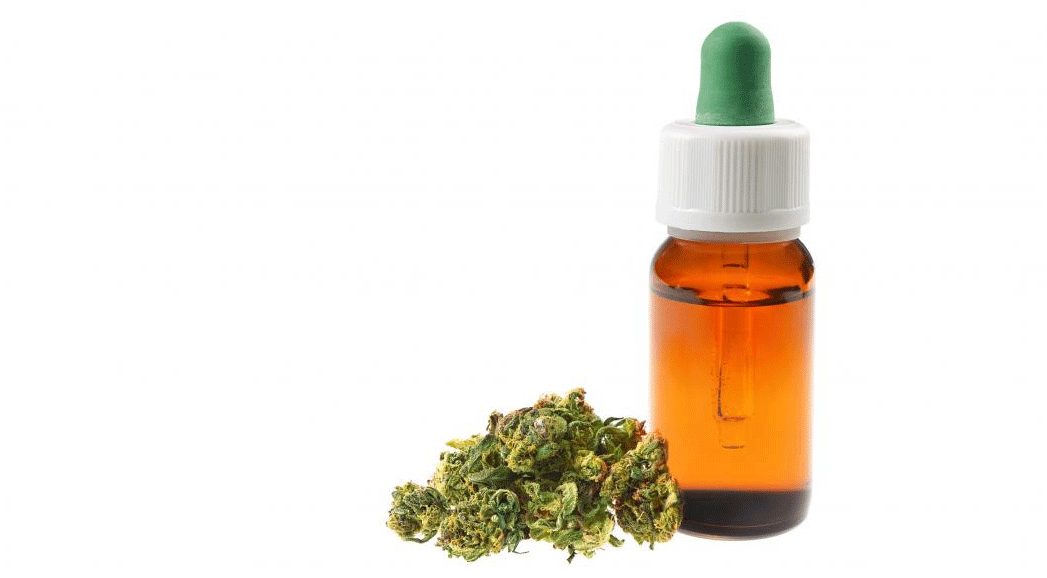Is CBD Oil Good for You?

A growing industry argues that CBD oil is good for you, but the science is young and the products, even though they're everywhere, are unreliable. Learn more.
A flurry of products containing CBD are now available online and in health food stores and drug stores, and the Food and Drug Administration (FDA) is stepping in to regulate. The agency held its first public hearing on the subject in May.
In opening remarks, Acting Commissioner Ned Sharpless laid out questions about safety: “How much CBD is safe to consume in a day? What if someone applies a topical CBD lotion, consumes a CBD beverage or candy, and also consumes some CBD oil? How will it interact with other drugs the person might be taking? What if she’s pregnant? What if children access CBD products like gummy edibles? What happens when someone chronically uses CBD for prolonged periods?”
YOU MIGHT ALSO LIKE: What Is CBD Oil?
Cannabidiol (CBD) is one of many chemicals in the cannabis sativa plant also known as marijuana (THC is the ingredient that makes you high). In 2018, the FDA approved a purified form of CBD oil, a prescription called Epidiolex, to treat two kinds of seizures. Because CBD was first developed as a drug, the FDA has long claimed that it can’t be legally sold as a supplement. But supplement manufacturers have gone ahead and created products containing CBD-infused oils, which you can take as capsules, place drops in your mouth or drink, spray under your tongue, or massage into your skin. You can also buy food containing CBD. There are cosmetics, skin care, and pet products containing CBD. One group projects that sales will pass $20 billion in the United States by 2024, compared to $25 billion that year for THC products in states where they are legal.
Whenever you buy supplements, you need to understand that the products haven’t been regulated, and you can’t count on them to match their packaging claims or be the same each time you buy them. CBD products are no exception. In a 2017 study testing 84 CBD oil products available online, only 31 percent contained the amount of CBD promised in the label, with 26 percent containing less. Twenty-two percent contained some THC, so potentially could be mind-altering or cause unwanted positive drug tests.
Is CBD oil good for you? The claims are still unproven, but there is early research supporting CBD for anxiety and insomnia and, when applied to the skin, for chronic pain. However, we don’t know the desirable dosages. The oil’s benefits come when it activates or inhibits compounds in your natural endocannabinoid system, which regulates sleep, appetite, pain, and immune system response. For example, CBD seems to increase levels of anandamide, which regulates pain. It may limit inflammation in the brain and nervous system, which may explain its power to tame insomnia.
CBD seems to work better for pain when combined with THC. Outside of the United States, an oral spray, Sativex, which also contains THC, has been approved for pain caused by multiple sclerosis. Small studies show that it relieves pain from multiple sclerosis and rheumatoid arthritis. A THC-CBD combination has relieved cancer-related pain that didn’t respond to other pain treatments and cancer-related nausea.
Similarly, small studies document that CBD alone helps relieve acute anxiety, acne, and the effects of Parkinson’s disease. It seems to lower the usual increase in blood pressure in response to stress, and it may be an anti-psychotic useful for people with schizophrenia. It may help with inflammatory skin conditions. Evidence with rats and mice suggests that CBD could be helpful to reduce addictive cravings, reduce liver damage caused by alcohol, slow the spread of various cancers, and tame diabetes.
Although CBD is considered safe, it may interfere with certain medications. More research is needed.
The bottom line is that you don’t know what you’re getting when you take a CBD product; you don’t have proof it will help your problem, or what dose would be appropriate. So far researchers have not found major side effects from CBD, but we don’t know the effects from using CBD at various concentrations over years. Some adults become tired, and some develop diarrhea or changes in appetite.
Updated:
August 29, 2019
Reviewed By:
Janet O’Dell RN